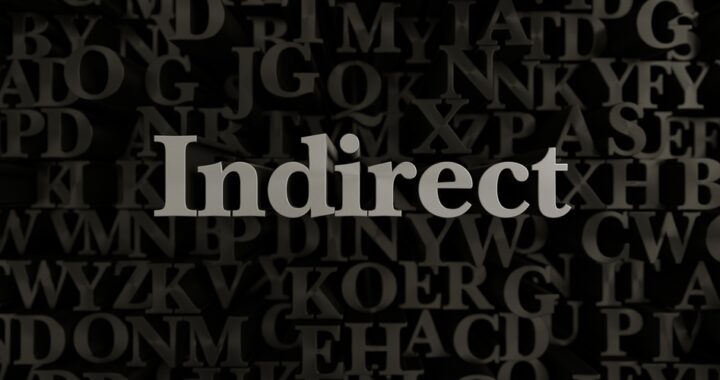A recent case out of the Northern District of Florida dealing with a federal project provides an interesting discussion about a sub-subcontractor asserting a claim against the prime contractor for unjust enrichment. The prime contractor argued any benefit to it was indirect which does not support an unjust enrichment claim as the actual direct benefit flowed to the owner of the project – the government. The federal district court agreed and dismissed the sub-subcontractor’s unjust enrichment claim against the prime contractor because an indirect benefit does NOT support an equitable unjust enrichment claim. See U.S.A f/u/b/o Eco Universe Contracting, LLC v. Calvary Construction Group, Inc., 2023 WL 3884642 (N.D.Fla. 2023).
The sub-subcontractor’s alleged benefit to support the unjust enrichment claim was the work it performed on the project. “A benefit conferred through a third party is indirect and does not satisfy the first element of an unjust enrichment claim.” Calvary Construction Group, supra, at *5. The federal district court explained:
The direct beneficiary of that [sub-subcontractor’s] work was the owner of the property that was improved by the work, not [the prime contractor]. The benefit to [the prime contractor] came directly from the payment that it received from [the federal government – owner], not [the sub-subcontractor]. Thus, any benefit that [the prime contractor] received from the [the sub-subcontractor’s] work was indirect, not direct.
The [sub-subcontractor] has not cited, nor has the Court located, any Florida cases holding that the payment received by a general contractor for work done by a sub-subcontractor on the owner’s property is a ‘direct’ benefit to the general contractor that can support an unjust enrichment claim.
Cavalry Construction Group, supra, at *5-6.
Keep this case in mind when dealing with an unjust enrichment claim because, as the court noted, the direct benefit for improvements to the property went to the owner of the project; not the prime contractor.
Please contact David Adelstein at dadelstein@gmail.com or (954) 361-4720 if you have questions or would like more information regarding this article. You can follow David Adelstein on Twitter @DavidAdelstein1.

 An unjust enrichment claim is an equitable claim when there is no direct contract between the parties governing the merits of the claim. It is not uncommon for these claims to be asserted in a construction dispute. A plaintiff suing a defendant for unjust enrichment must prove that they conferred a benefit on the defendant. This is the first element of an unjust enrichment claim that a plaintiff must prove. Without such proof, the unjust enrichment claim fails.
An unjust enrichment claim is an equitable claim when there is no direct contract between the parties governing the merits of the claim. It is not uncommon for these claims to be asserted in a construction dispute. A plaintiff suing a defendant for unjust enrichment must prove that they conferred a benefit on the defendant. This is the first element of an unjust enrichment claim that a plaintiff must prove. Without such proof, the unjust enrichment claim fails.